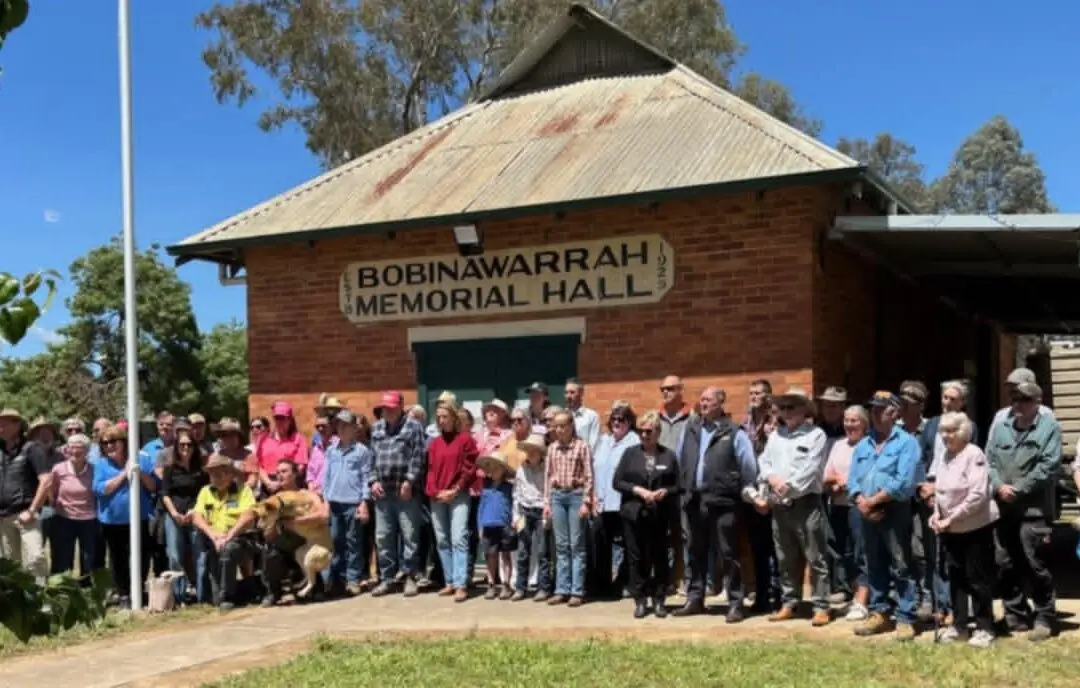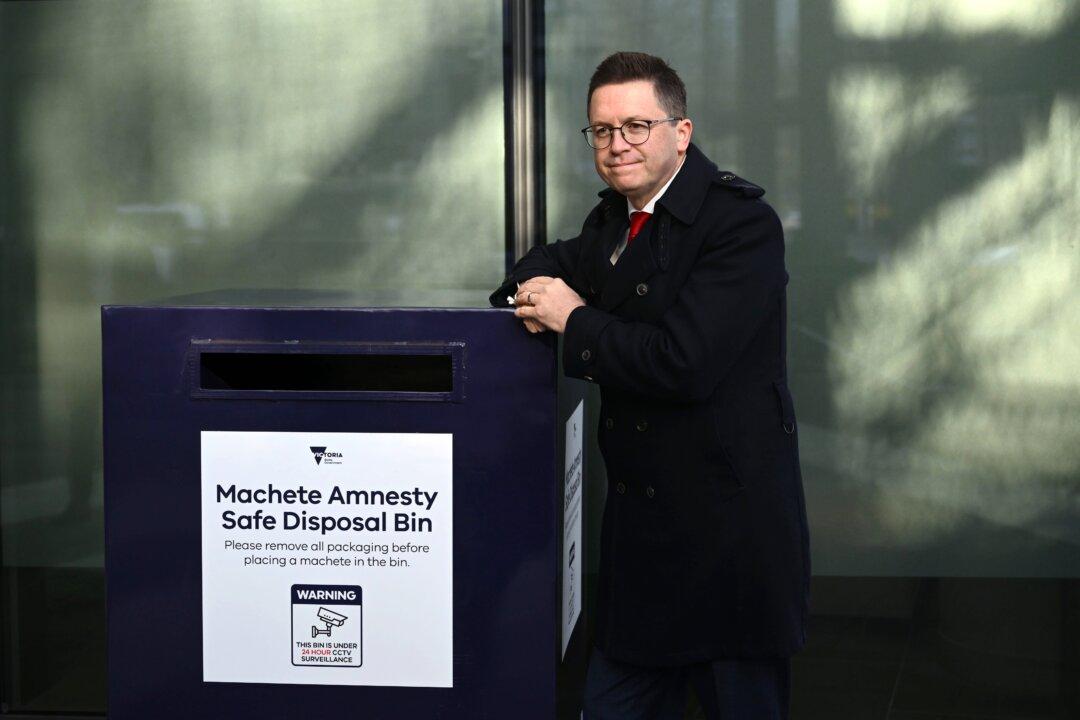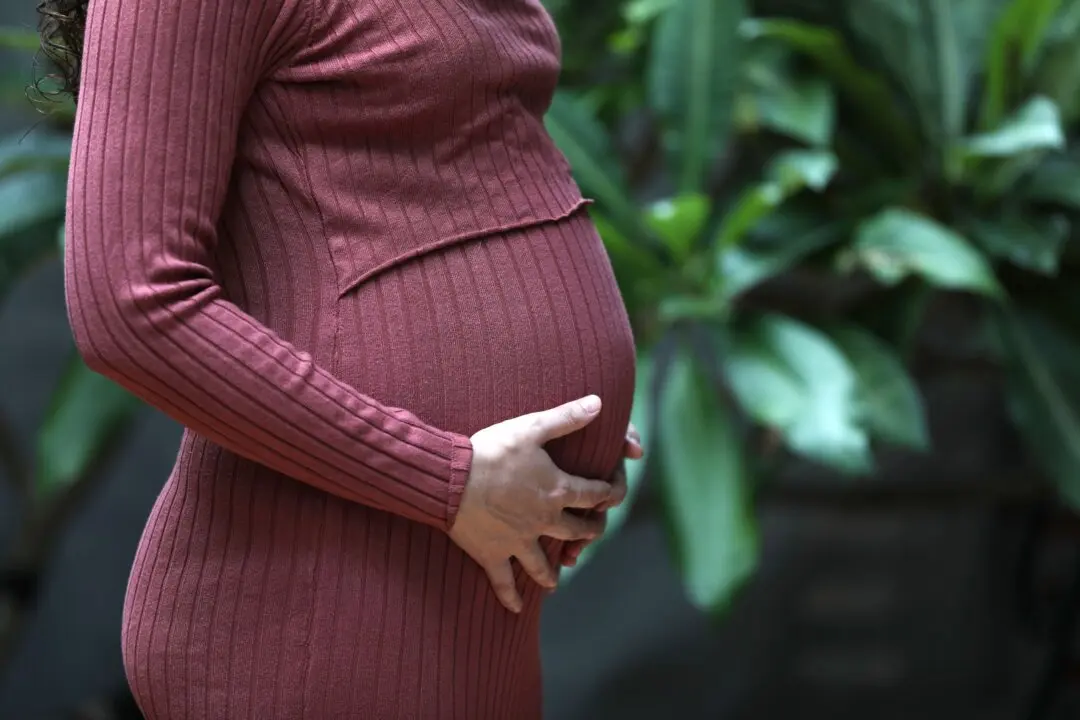Well-known One Nation candidate Stuart Bond is gunning for the Labor stronghold of Hunter, north of Sydney, and is campaigning on a platform of bringing back coal-mining.
The mining electorate which encompasses the Hunter region and Newcastle, has long been held by the Labor Party, but since 2019 support has dropped and plateaued as the climate change debate unsettles the electorate.





